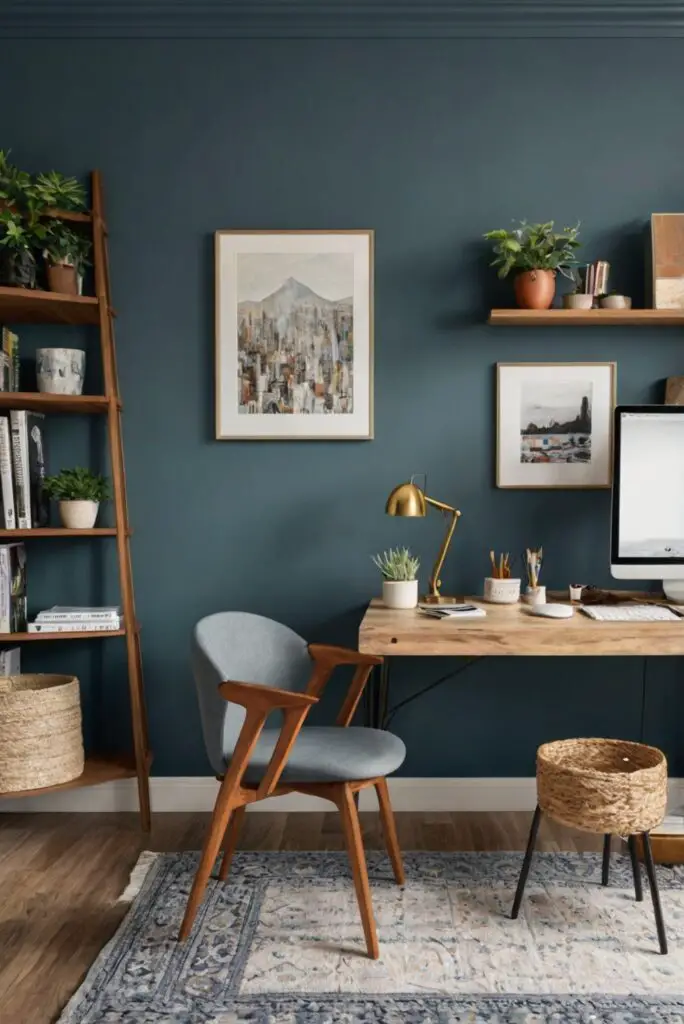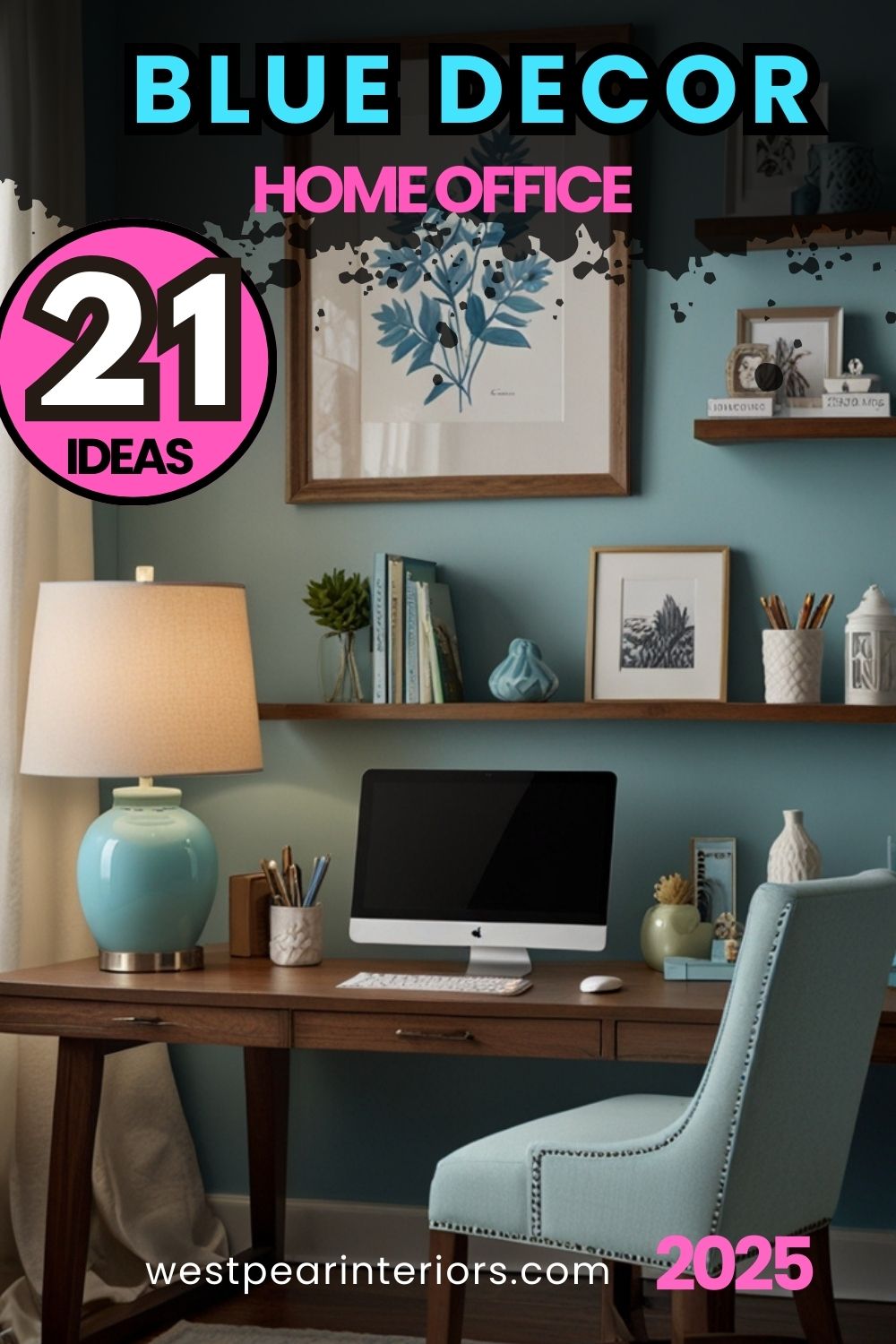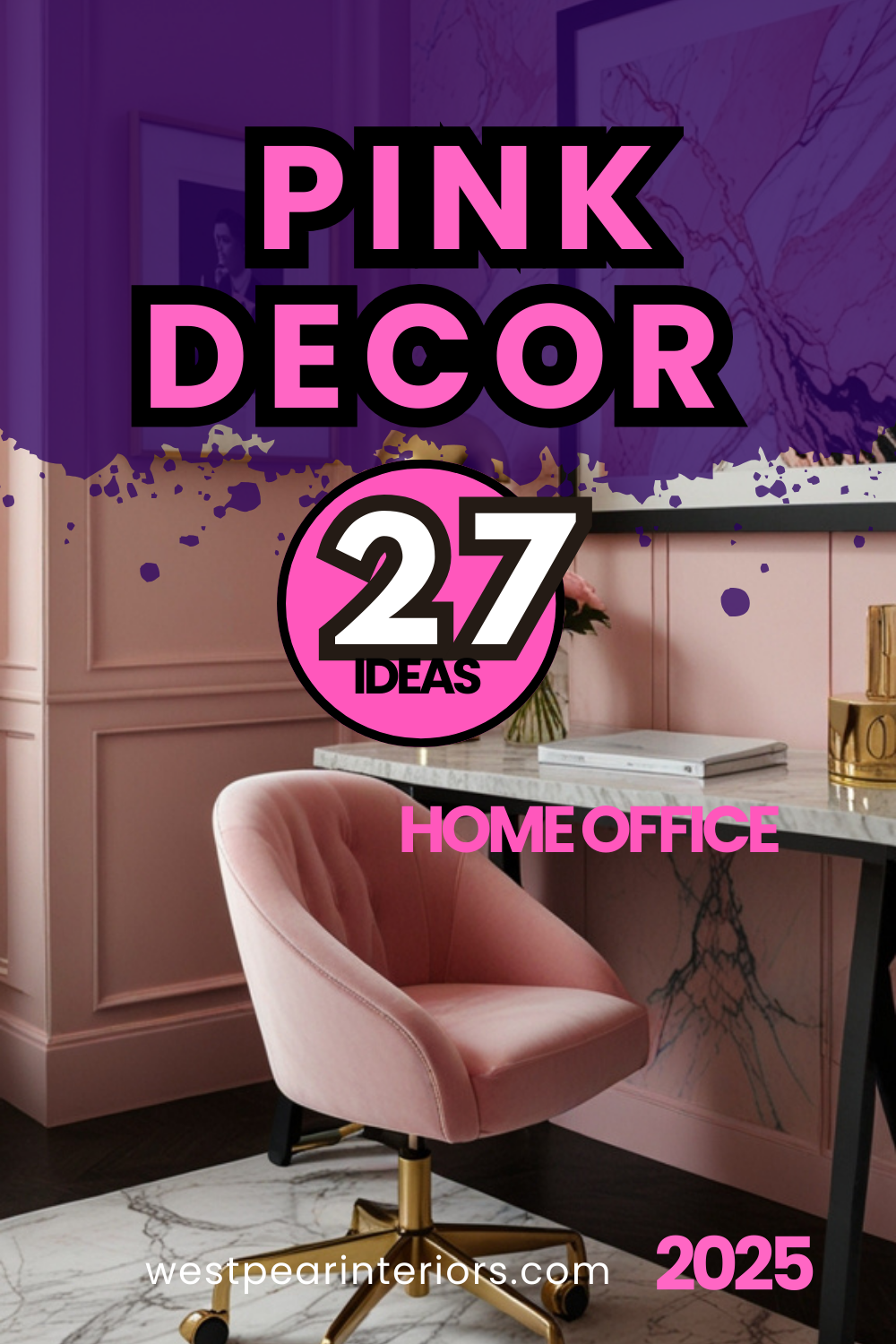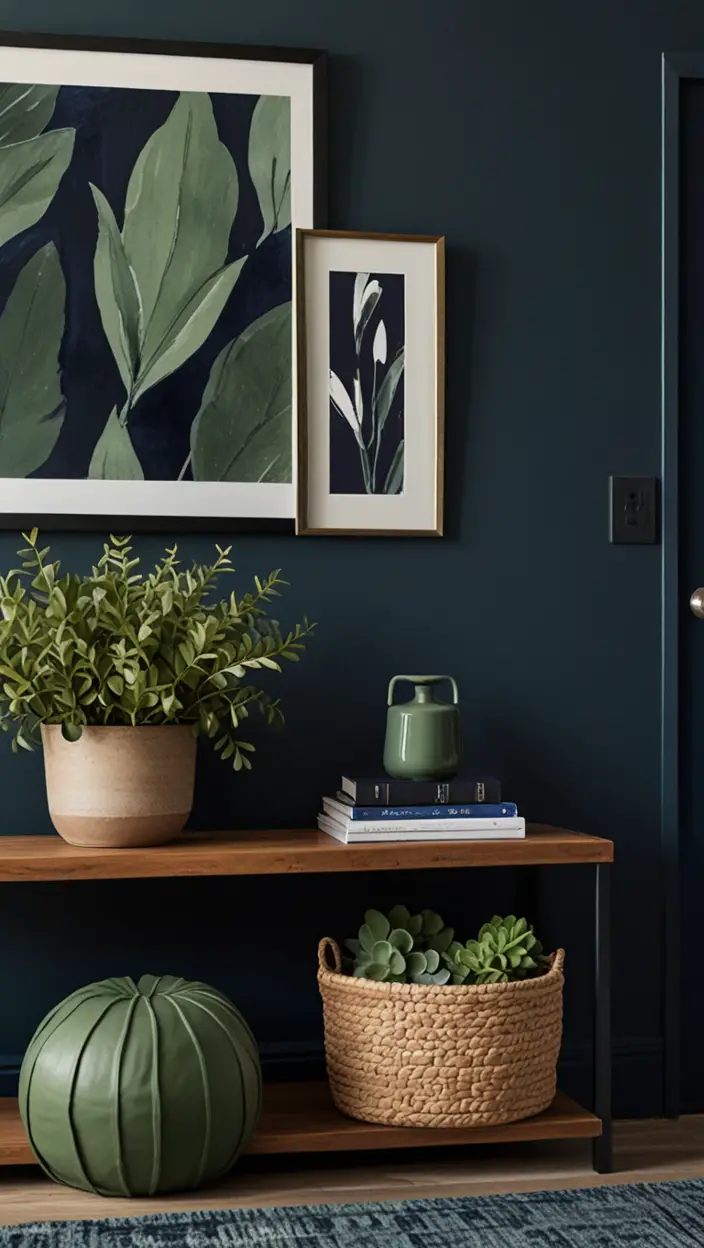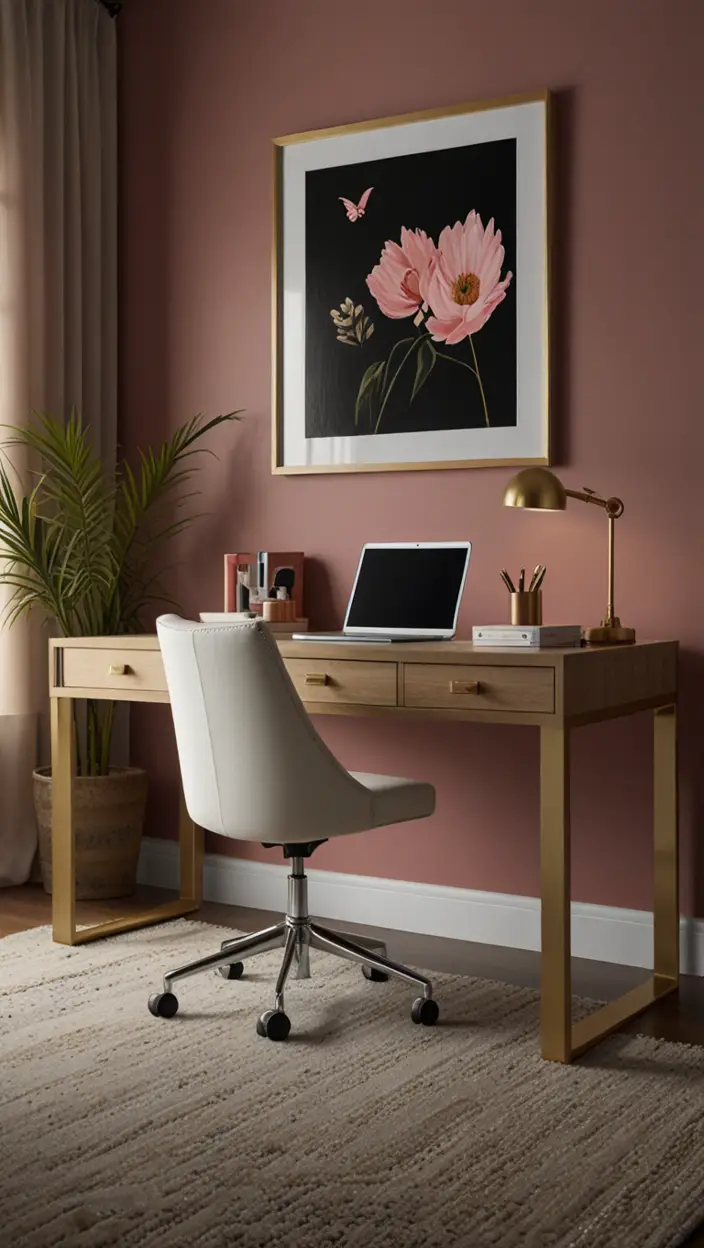Choosing the ideal paint color for your home office can make a significant impact on your productivity and mood. Discover expert tips for selecting the perfect shade.
To select the perfect paint color for your home office, it is essential to first consider the function of the space. For a productive work environment, opt for calming colors like greens or blues. If you want to stimulate creativity, go for energizing hues like yellows or oranges.
Consider the existing furniture and decor in the office to ensure the paint color complements the overall aesthetic. It’s also important to test paint samples on the walls to see how they look in different lighting conditions.
My Lovely Spring Paint for 2025
Ready for a Spring Makeover? Explore the Freshest 2025 Paint Trends!
White Sage/Green SW Pistachio green Soft blue Honeysweet/Orange Pink Sugar Sage Tint BMAs an Amazon Associate, I may earn a commission from qualifying purchases at no extra cost to you.
Don’t forget to choose the right finish for the paint based on the traffic in the room and the desired maintenance level. A semi-gloss finish is often recommended for walls in a home office to make cleaning easy.
Organizing samples on a color chart or creating a mood board can help visualize the final look. Collaborating with an interior designer can provide valuable insights and expertise in selecting the perfect paint color for your home office.
Determining the best paint color for your home office involves a thoughtful consideration of various factors such as room size, lighting conditions, color psychology, popular paint colors for focus and creativity, existing decor and furniture, alternative paint finishes, natural light compatibility, and overall home color scheme. Let’s delve into these aspects to help you select the perfect paint color for your home office.
My fAV Spring DECOR for 2025
Discover Spring’s Best 2025 Decor Combinations – Perfect for Any Room!
Oversized Indoor Plants White Curved Sofas Rugs BOH Brown Cream Moroccan Hype Boho Rug Outdoor Patio Furniture Sets Topfinel Pillow CoversAs an Amazon Associate, I may earn a commission from qualifying purchases at no extra cost to you.
How do you determine the best paint color for your home office based on the room size and lighting?
Room size and lighting play crucial roles in selecting the ideal paint color for your home office. In a smaller room, light colors like soft neutrals, pastels, or light grays can make the space feel more open and expansive. On the other hand, darker shades can add coziness but may make the room appear smaller. Consider the amount of natural light the room receives. If it’s well-lit, you have more flexibility with darker colors. In poorly lit spaces, lighter hues can help brighten the room. Opt for warm colors in north-facing rooms to counteract cool light or cooler shades in south-facing rooms to balance warm light.
Can you use color psychology to choose a paint color that will boost productivity in your home office?
Color psychology suggests that different colors elicit specific emotional and psychological responses. For a productive home office, consider blue tones for increased concentration and communication, green for balance and harmony, or yellow for creativity and emotional clarity. Calming shades like soft blues or greens can reduce stress, while energizing colors like red or orange can boost motivation. Tailor the color choice to the nature of your work or tasks performed in the home office to enhance productivity and overall well-being.
What are some popular paint colors for home offices that promote focus and creativity?
Popular paint colors for home offices that encourage focus include muted blues, greens, grays, and soft neutrals. Blue promotes productivity and focus, while green fosters a sense of calmness and balance. If you seek creativity, consider shades of yellow for optimism and innovation, or purple for imagination and luxury. Neutral tones like soft beige or warm gray can provide a neutral backdrop for concentration without being overwhelming.
How can you ensure the paint color you choose for your home office complements the existing decor and furniture?
Harmonizing the paint color with existing decor and furniture is vital for a cohesive aesthetic in your home office. Start by identifying dominant colors in your furniture, rugs, or artwork, and select a paint color that complements or contrasts harmoniously with these elements. For example, if your furniture features warm wood tones, consider cooler paint colors to balance the space. Create a color palette that ties together all elements in the room for a cohesive and visually pleasing environment.
What alternative paint finishes can you consider for your home office to achieve a specific look or texture?
In addition to traditional matte or satin finishes, consider alternative paint finishes to achieve unique looks in your home office. Suede finishes offer a velvety texture, while metallic finishes add a subtle shimmer and sophistication. Chalkboard paint can transform a wall into a creative space for notes and sketches, while high-gloss finishes create a modern and reflective surface. Experiment with different finishes to achieve the desired aesthetic and texture in your home office.
How do you know if a paint color will work well with the natural light in your home office?
Assessing how a paint color interacts with natural light in your home office is crucial for achieving the desired ambiance. Before finalizing a color, test it on a small area and observe its appearance throughout the day under different lighting conditions. Natural light can affect the perception of color, making it appear cooler or warmer depending on the direction and intensity of sunlight. Consider the orientation of windows and how light enters the room to adjust the paint color accordingly for optimal visual appeal and comfort.
Why is it important to consider the overall color scheme of your home when selecting a paint color for your home office?
The overall color scheme of your home sets the tone for individual rooms and ensures a cohesive flow throughout the space. When selecting a paint color for your home office, consider how it connects with the adjacent rooms and the overall aesthetic of your home. Maintain a sense of continuity by choosing complementary or analogous colors that harmonize with the existing palette. Consistency in color schemes enhances the visual appeal and creates a unified atmosphere, making your home office feel integrated with the rest of your living space.
Can I reach the table while working in my home office easily?
Although you can use a table while working in your home office, consider the ergonomic principles and space layout to ensure comfort and functionality. Opt for a table height that allows for proper posture and wrist alignment while typing. Ensure there is sufficient clearance around the table for easy movement and accessibility to essential items. Incorporate storage solutions to keep the table clutter-free and organized. Select a table size that fits the available space without overcrowding the room, promoting a conducive and productive work environment.
Are chairs in the home office comfortable enough to sit for an extended period?
Comfortable seating in your home office is essential for productivity and well-being during long work periods. Choose an ergonomic chair that provides adequate lumbar support, adjustable height, and cushioning for extended sitting. Consider factors like breathability, swivel capabilities, and armrests for enhanced comfort and ergonomics. Test the chair for stability and comfort before committing to ensure it meets your needs. Investing in a quality chair can improve your work experience, reduce fatigue, and promote better posture for prolonged sitting.
### Key Takeaways ###
– Consider the room size and lighting conditions when choosing a paint color for your home office.
– Use color psychology to select colors that enhance productivity and creativity in your workspace.
– Harmonize the paint color with existing decor and furniture to create a cohesive aesthetic.
– Experiment with alternative paint finishes to achieve unique textures and visual effects.
– Test paint colors under natural light conditions to evaluate their appearance throughout the day.
– Maintain consistency with the overall color scheme of your home to create a unified look.
– Prioritize comfort and functionality with the layout of tables and chairs in your home office.

